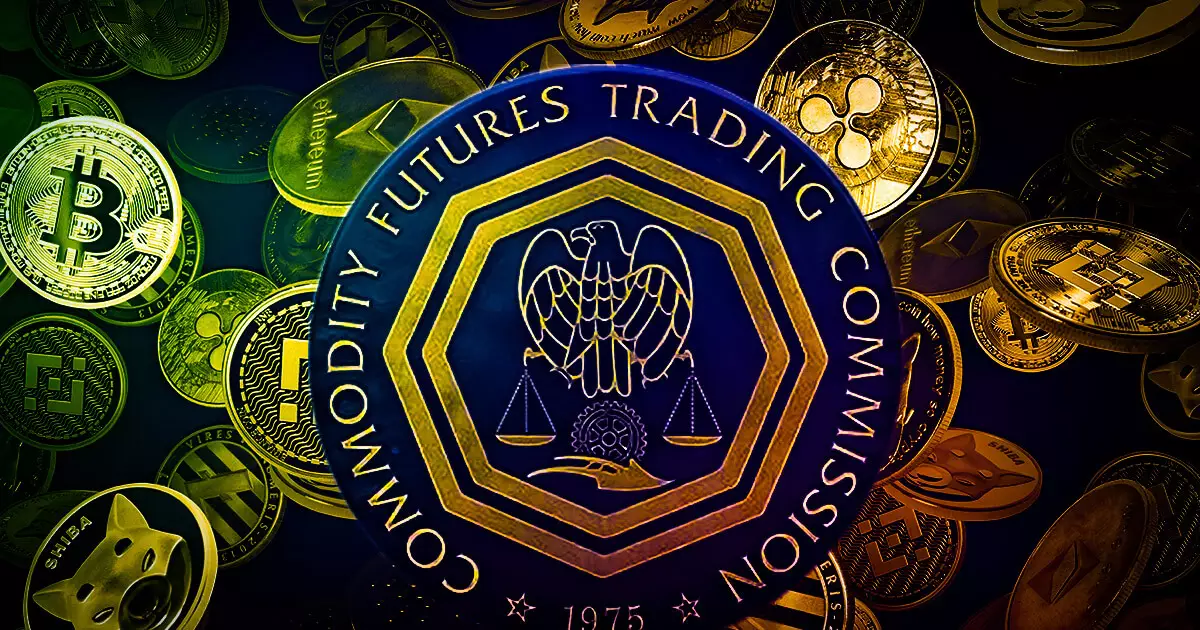The Chairperson of the Commodity Futures Trading Commission (CFTC), Rostin Behnam, recently expressed his confidence in the agency’s ability to take on more responsibilities related to cryptocurrencies. During a hearing before the Senate Committee on Appropriations, Behnam dismissed concerns that the CFTC would be overwhelmed by expanding its authority to include crypto commodities. He emphasized that regulating crypto assets falls within the agency’s purview and highlighted the need to fill the existing regulatory gap in this rapidly growing market.
Behnam pointed out that the CFTC is well-equipped to oversee traditional markets but acknowledged the necessity of additional resources to effectively regulate crypto markets. He also mentioned the applicability of existing Know Your Customer (KYC) and Anti-Money Laundering (AML) laws to the crypto sector, suggesting that the agency does not need to deviate significantly from current regulations.
Limited Authority and Challenges
Currently, the CFTC’s jurisdiction over cryptocurrencies and unconventional assets is restricted to addressing fraud and manipulation. Behnam emphasized that the agency can only take action against issues that come to its attention through surveillance, oversight, tips, or complaints. He revealed that the CFTC handled 47 crypto-related cases in the previous fiscal year, which accounted for a significant portion of its workload. Despite the agency’s efforts, Behnam expressed concerns about the sustainability of the current situation due to rampant fraud and manipulation in the unregulated crypto market.
During the hearing, Behnam highlighted the CFTC’s successful prosecution of 135 crypto cases over the past decade, resulting in substantial monetary gains. However, he emphasized the lack of direct authority or jurisdiction over these cases, underscoring the urgent need for expanded regulatory capabilities.
Comparison with SEC and Legislative Developments
Gary Gensler, the Chairperson of the Securities and Exchange Commission (SEC), echoed Behnam’s sentiments but indicated that the CFTC’s capacity to handle additional crypto responsibilities would depend on the specific tasks assigned. Gensler raised concerns about the CFTC’s lack of a robust disclosure framework akin to the SEC’s model for the securities market, which encompasses a majority of crypto assets. He criticized the crypto industry for non-compliance with existing disclosure requirements, posing a significant challenge to regulatory oversight.
Gensler also noted the disparities in staffing and mandate between the SEC and the CFTC, with the former boasting significantly greater resources. The discussion at the Senate hearing centered on the proposed budget allocations for both agencies, with the SEC slated to receive $2.6 billion and the CFTC $399 million for the upcoming fiscal year. These budget increases are crucial for enhancing the agencies’ capabilities through expanded staffing and operational expenses.
Legislatively, Congress has the potential to grant the SEC and CFTC new regulatory powers through bills like the Financial Innovation and Technology for the 21st Century Act (FIT21). However, the passage of such legislation is uncertain, as FIT21 has only cleared the House and awaits Senate approval. Another bill, the Lummis-Gillibrand Responsible Financial Innovation Act, seeks to broaden the CFTC’s oversight authority but has stalled since its reintroduction in 2023.
The CFTC’s readiness to take on heightened responsibilities in the crypto sector is contingent on securing additional resources and regulatory support. Collaboration with the SEC and legislative backing will be essential for effectively regulating the evolving landscape of digital assets.

